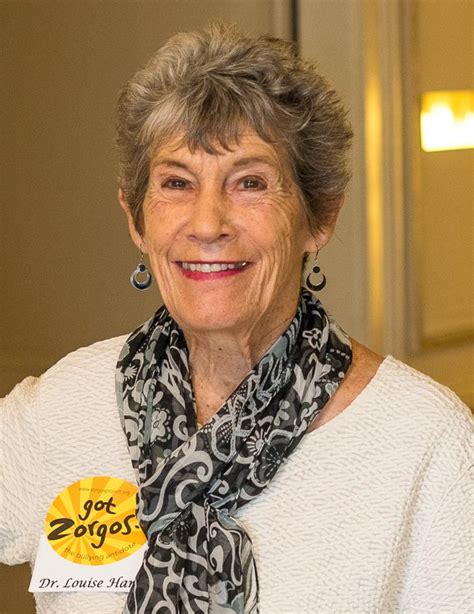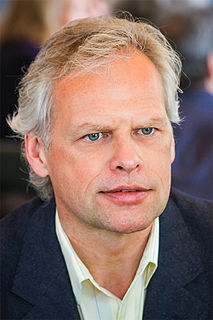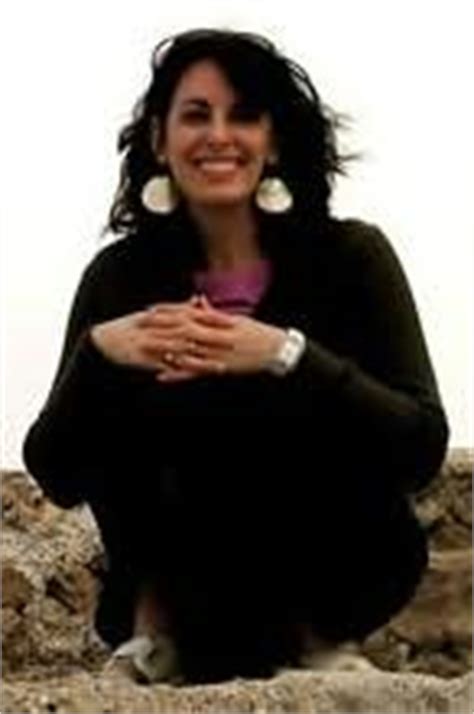A Quote by Chip Espinoza
Friedman suggests self-differentiation is about knowing where you end and others begin.
Related Quotes
Self-esteem creates natural highs. Knowing that you're lovable helps you to love more. Knowing that you're important helps you to make a difference to to others. Knowing that you are capable empowers you to create more. Knowing that you're valuable and that you have a special place in the universe is a serene spiritual joy in itself.
Part of the problem about authenticity is that virtues aren't the only things that are habit forming: the more someone behaves in a way that is damaging to self or to others, the more "natural" it will both seem and actually be. Spontaneity, left to itself, can begin by excusing bad behavior and end by congratulating vice.
A person with ubuntu is open and available to others, affirming of others, does not feel threatened that others are able and good, for he or she has a proper self-assurance that comes from knowing that he or she belongs in a greater whole and is diminished when others are humiliated or diminished, when others are tortured or oppressed.
The Spirit which is within you is a collective being and once you are awakened into the light of Spirit, you become a collective being. That means, on your finger tips you can feel the centers of others also as you can feel yourself. By knowing yourself you know the self knowledge, the inner self knowledge and by knowing others you are in collective consciousness.
The song is about knowing the end result of every situation you're in, and being able to play it out in your mind and see it before it happens. It's about addiction, really, about knowing how it's all going to end up. In that sense, you're watching a movie of yourself all the time - and then you want out of that movie.
It should begin with friendship, I think. Suddenly I cannot look at him. It should begin with friendship and truly knowing who a person is, knowing his flaws and hopes and strengths and fears, knowing all of it. And admiring and caring for- loving the person because of all of those things... I know that now.
If we can stop, listen, and think about what others are seeing in us, we have a great opportunity. We can compare the self that we want to be with the self that we are presenting to the rest of the world. We can then begin to make the real changes that are needed to close the gap between our stated values and our actual behavior.
When I heard the book (Thomas Friedman's latest) was actually coming out, I started to worry. Among other things, I knew I would be asked to write the review. The usual ratio of Friedman criticism is 2:1, i.e., two human words to make sense of each single word of Friedmanese. Friedman is such a genius of literary incompetence that even his most innocent passages invite feature-length essays.
There are a lot of ways to talk about the life of a photograph. You can talk about the afterlife of a photograph, and in the end I talk about that, with the Richard Prince picture. But mainly, what I dedicated the book to being about was how photographs begin their life, and where they begin it. And they begin it with the photographer's imagination and instinct and experience.
What do you know about yourself? What are your stories? The ones you tell yourself, and the ones told by others. All of us begin somewhere. Though I suppose the truth is that we begin more than once; we begin many times. Over and over, we start our own tales, compose our own stories, whether our lives are short or long. Until at last all our beginnings come down to just one end, and the tale of who we are is done.



































